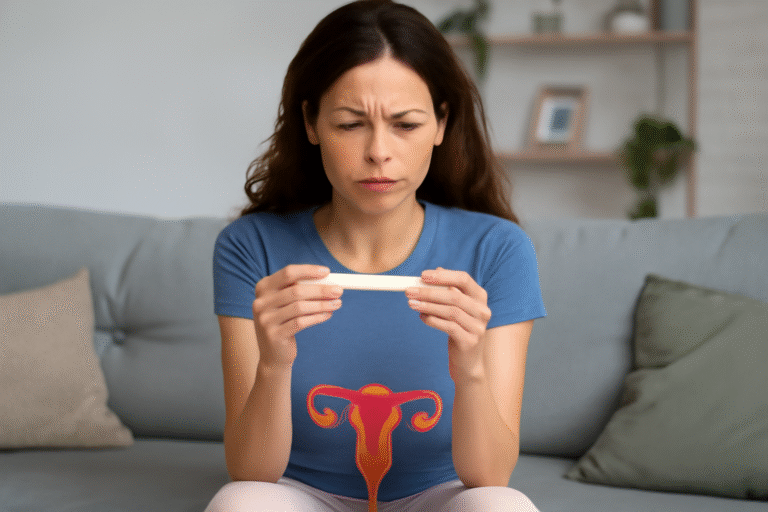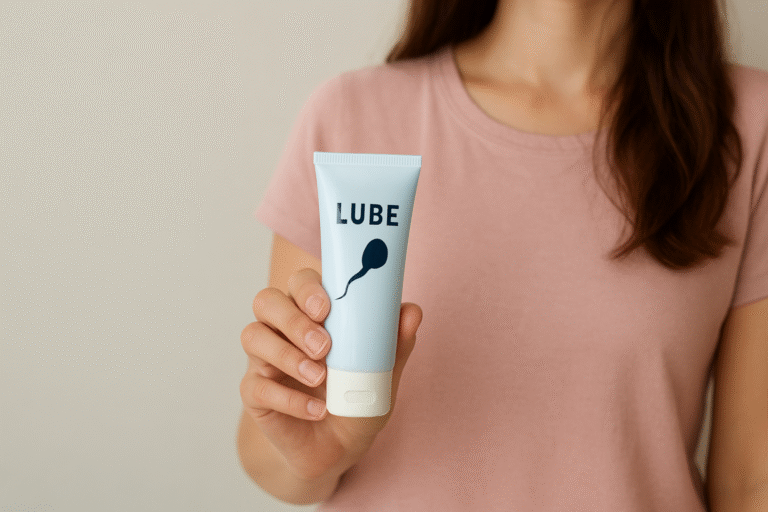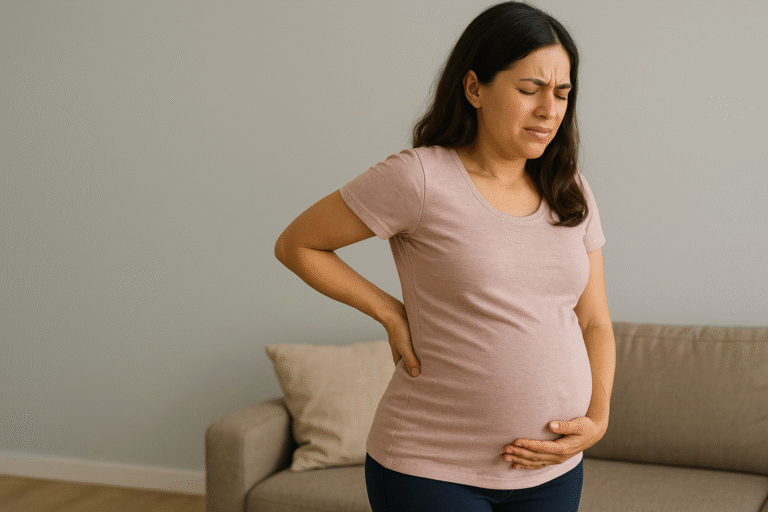Introduction
Emergency contraception is a method used to prevent pregnancy. Emergency Contraceptive Pills are used after unprotected sex or contraceptive failure, such as a missed birth control pill or a broken condom. It is not intended for regular use. It can be used as a backup option in situations where other forms of birth control were not used or failed. Emergency contraception works primarily by delaying ovulation, preventing the release of an egg that could be fertilized by sperm.
There are two main types of emergency contraception. Pills (such as levonorgestrel and ulipristal acetate) and the copper intrauterine device (IUD). Which can be inserted by a healthcare provider. While emergency contraceptive pills are most effective when taken as soon as possible—ideally within 72 to 120 hours. They do not terminate an existing pregnancy and are not the same as abortion pills. Emergency contraception is a safe, responsible option for individuals looking to reduce the risk of unintended pregnancy in urgent situations.
Also read: Sexual Energy & Confidence
What Are Emergency Contraceptive Pills?
Emergency contraceptive pills (ECPs) are medications designed to prevent pregnancy after unprotected sex or contraceptive failure. They are often referred to as the “morning-after pill,” though they can be effective for up to five days. There are two main kinds: Levonorgestrel, available over-the-counter and most effective within 72 hours. Ulipristal acetate (ella), a prescription pill that works up to 120 hours after intercourse. Both types work primarily by delaying ovulation, which stops the release of an egg and prevents fertilization. ECPs do not end an existing pregnancy and are not intended for regular use. They offer a safe and effective backup method for preventing unwanted pregnancy when taken promptly.
When Should You Take Emergency Contraceptive Pills?
You should take emergency contraceptive pills as soon as possible after unprotected sex to maximize their effectiveness. They are most commonly used in situations such as contraceptive failure (like a broken condom or missed birth control pills), unprotected intercourse, or sexual assault. Timing is crucial—Levonorgestrel pills are most effective within 72 hours, while Ulipristal acetate can be taken up to 120 hours (5 days) after the incident. However, the sooner you take the pill, the higher the chances of preventing pregnancy. Delaying even a few hours can reduce its effectiveness, so immediate action is strongly recommendedHow to Take Emergency Contraceptive Pills
Taking emergency contraceptive pills correctly is essential for them to work effectively. For Levonorgestrel pills (like Plan B One-Step), take one pill as soon as possible within 72 hours of unprotected sex. For Ulipristal acetate pills (like Ella), take one tablet within 120 hours (5 days), ideally under medical guidance. Always read the instructions provided with the medication. If you vomit within 2 hours of taking the pill, contact a healthcare provider—you may need another dose. Avoid taking multiple types of emergency contraception at the same time, as this may reduce effectiveness. After taking the pill, resume your regular birth control method or start one if you weren’t using any.
What to Expect After Taking the Pill
After taking an emergency contraceptive pill, you may experience some temporary side effects as your body adjusts. Common reactions include nausea, fatigue, dizziness, breast tenderness, mild abdominal cramps, or a headache. You might also notice changes in your menstrual cycle—your next period could arrive earlier or later than expected and may be lighter or heavier than usual. Some women experience spotting or irregular bleeding between periods. These symptoms typically resolve on their own. However, if your period is more than a week late, it’s important to take a pregnancy test. If you experience severe abdominal pain or other unusual symptoms, consult a healthcare provider, as this may indicate a more serious issue like an ectopic pregnancy.
VI. Effectiveness and Limitations
Emergency contraceptive pills are effective at reducing the risk of pregnancy, but they are not 100% guaranteed. Levonorgestrel pills can reduce the risk by up to 89% when taken within 72 hours, while Ulipristal acetate is slightly more effective and works up to 120 hours after unprotected sex. However, their effectiveness decreases the longer you wait to take them. Emergency pills are less effective in individuals with a higher body weight or BMI, and they do not protect against sexually transmitted infections (STIs). It’s also important to note that emergency contraception does not terminate an existing pregnancy and should not be used as a regular form of birth control. They are designed for occasional, emergency use only and should be followed by a consistent, long-term contraceptive method for ongoing protection.
Myths and Facts About Emergency Contraception
There are many myths surrounding emergency contraception that can lead to confusion and hesitation. One common myth is that emergency contraceptive pills cause infertility—this is false; they have no long-term effects on your fertility. Another misconception is that they are the same as abortion pills, but in fact, emergency pills prevent pregnancy before it begins and do not affect an existing pregnancy. Some believe that teens or young women shouldn’t use them, but they are safe for people of all reproductive ages. It’s also falsely assumed that they can only be used once, when in reality, you can use them more than once, though frequent use is not recommended. Understanding these facts helps you make informed, confident decisions about your reproductive health.
Emergency Contraception vs. Regular Birth Control
Emergency contraception and regular birth control serve different purposes and should not be used interchangeably. These are designed for occasional, urgent use—such as after unprotected sex or contraceptive failure—to prevent pregnancy. In contrast, regular birth control methods like oral contraceptive pills, IUDs, patches, condoms, or implants are intended for consistent, long-term use and are far more effective at preventing pregnancy when used correctly. Relying on emergency contraception as a primary method is not advisable, as it is less effective and may lead to hormonal irregularities if used frequently. For ongoing protection and peace of mind, it’s best to choose a regular birth control method that suits your lifestyle and consult a healthcare provider for guidance.
When to See a Doctor
Visit a doctor if:
- You don’t get your period within 3 weeks
- You experience severe side effects
- You want to explore long-term contraception
Conclusion
Conclusion:
Emergency contraceptive pills offer a vital safety net for individuals seeking to prevent pregnancy after unprotected sex or contraceptive failure. When taken correctly and within the recommended time frame, they are highly effective in reducing the risk of an unplanned pregnancy. It’s important to understand the differences between available options, such as levonorgestrel and ulipristal acetate, and to be aware of potential side effects and limitations. Remember, emergency contraception is not intended for regular use and does not protect against sexually transmitted infections. If you find yourself frequently needing emergency contraception, consider speaking with a healthcare provider about long-term birth control options that better suit your needs. Taking charge of your reproductive health starts with staying informed and acting responsibly.





[…] Also Read: Directions For Use Of Contraceptive Pills […]
[…] Also read: How to Take Emergency Contraceptive Pills to Avoid Pregnancy […]
[…] How to Prevent Pregnancy with Emergency Contraceptive Pills […]
[…] have caught your attention. This small, flexible vaginal ring offers a unique balance between the pill and an IUD. However, before requesting a prescription from your healthcare provider, it is […]